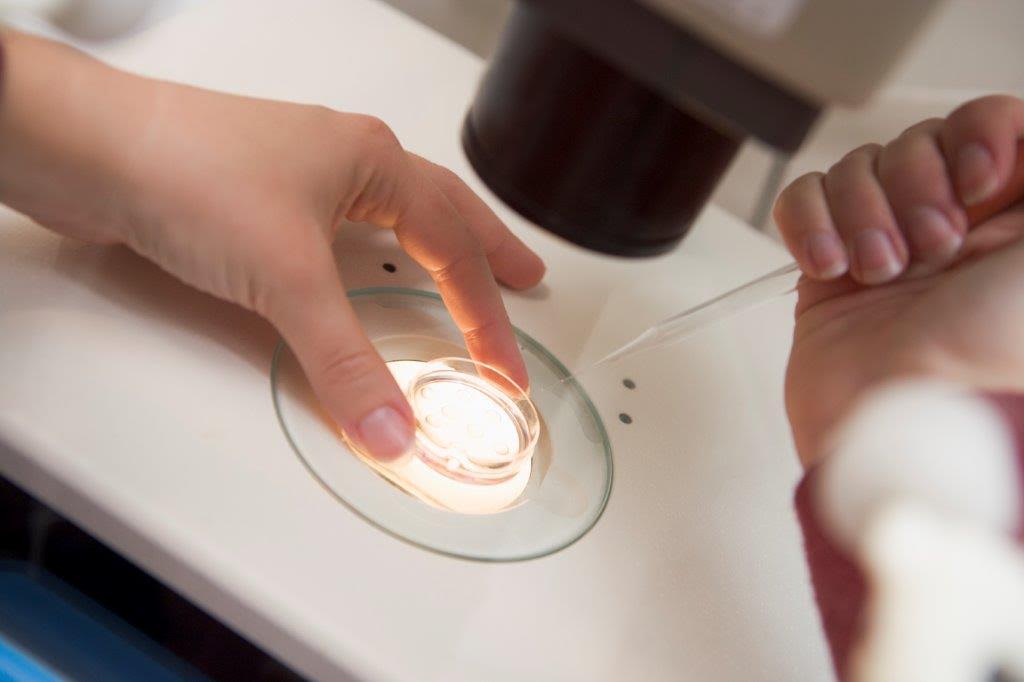As a surrogate, when the time comes to deliver the baby, there are so many emotions racing. We want to be sure everything is ready and in place well before the actual delivery day. There will be a cute bundle of joy (or two or three!) that will take center stage, of course.
For the first 12 weeks of pregnancy, the IVF clinic will continue to monitor your progress. Then, the surrogate will be released to the OB/GYN of her choosing. Many times, this is the doctor she has used for her previous children's births and delivery. If there are multiple babies, many times the surrogates will be asked to come to the doctor's office for more frequent visits to ensure the health of the babies and the surrogate.
After the birth, the baby is handed to the intended parents first. It's nice, too, if the intended parents ask the surrogate if she wants to hold the baby. A lot of the times, the surrogate also provides pumped breast milk (or actually, colostrum) for the baby in the hospital if the IPs and surrogate agree to that up front and have arrangements in place.
Furthermore, the hospital usually reserves a close-by room for the intended parents so that the baby can stay in there with them and bond. Usually, it's also a nice gesture if the intended parents take the baby and go visit the surrogate in her hospital room.
Once the baby is released by the pediatrician, the intended parents will leave the hospital with their child. The surrogate will leave the hospital with her family plus savor the wonderful feeling of helping a couple become a family.
Do you have questions about being a surrogate or the process on delivery day? Our surrogacy, Shared Conception, would love to answer any questions you may have. Call us!










